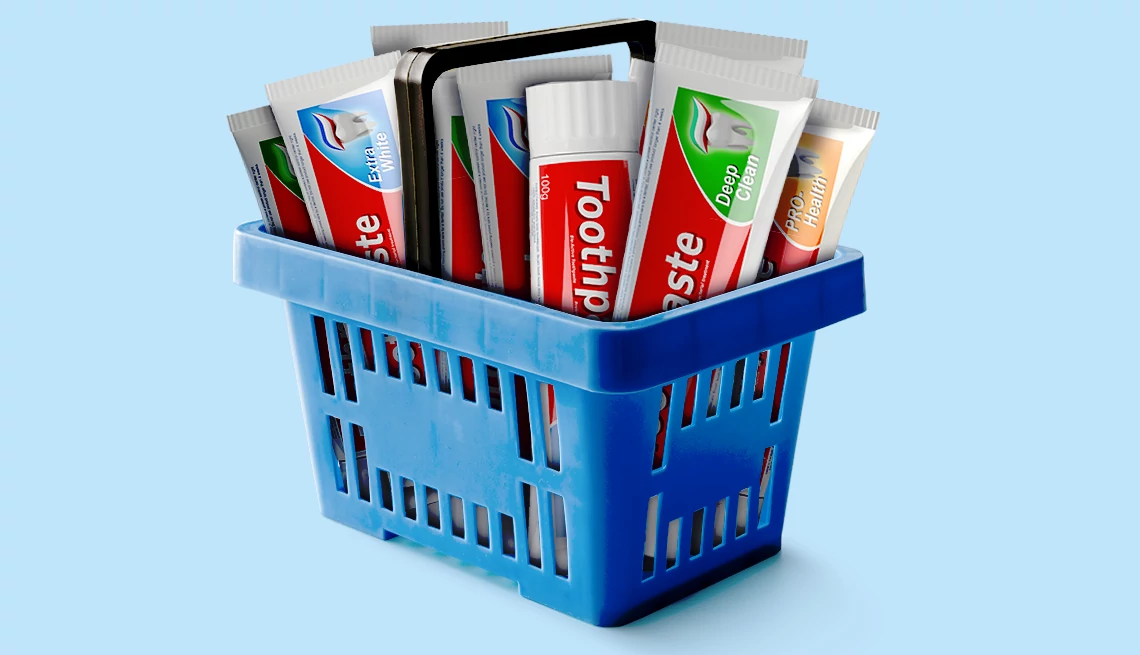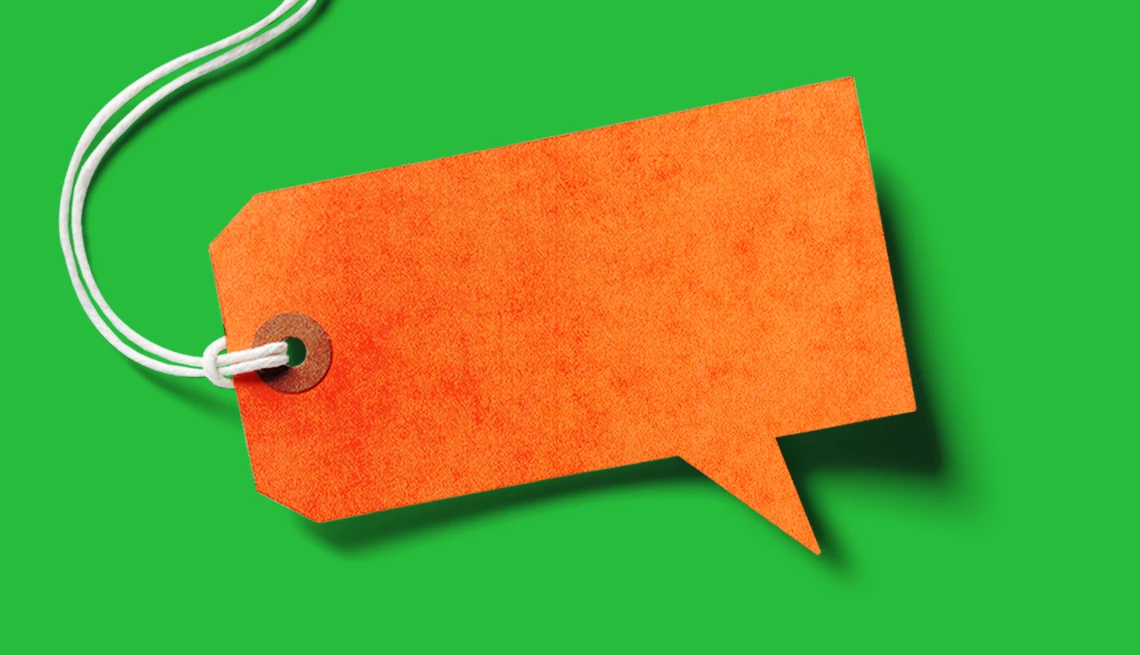AARP Hearing Center


Food and toilet paper aren’t the only things you can buy in bulk. There are several everyday items you can stock up on to save, some of which may surprise you. It's particularly helpful in the current environment. While the pace of inflation is declining, prices are still up 3.3 percent since May. Buying in bulk during inflationary times allows you to lock in prices before they go up further.
Just like when buying food in large quantities, keep these three questions in mind. What’s the shelf life? Will you use it? And, do you have the space to store it?
“The key is to make sure you have space,” says Julie Ramhold, a senior staff writer and consumer analyst at DealNews. “Buying in bulk, in general, can make a lot of sense but cluttering up your home doesn’t.”
Before you stock up, think about how often you consume everyday items. Some items have shelf lives and will lose efficacy if they languish in storage too long. If you end up tossing it, you won’t save any money. “You have to be mindful that wholesale clubs can be a money trap,” says Trae Bodge, operator of smart shopping website TrueTrae.com. “Before buying, think it through.”
Unsure of what makes sense and what will end up being a waste? Don’t worry, we’ve got you covered. We put together a list of nine items worth bulking up on in inflationary times.
1. Trash bags
Shelf life: No expiration date
It can take decades, perhaps even hundreds of years, for plastic bags to decompose, which means you don’t have to worry about a shelf life with trash bags. If you have the space, it’s worth the splurge, says Ramhold. “Some families wait for certain brands to go on sale at the local grocery store and stock up; others just go to Costco and pick up trash bags. Maybe a year later they have to do it again,” she says.
2. Ziplock plastic bags
Shelf life: No expiration date
Ziplock bags come in handy around the house, and just like trash bags, there is no shelf life, so stocking up makes sense if you use a lot of them. “There’s a big movement toward having reusable sandwich and snack bags but that can be a pricey investment,” says Ramhold. “For larger families, buying ziplock bags at bulk places can save money.”







































































More From AARP
Staples You Should Always Buy On Sale
If they store well or freeze well, jump at the chance to buy on sale
What to Know Before Buying in Bulk
The large ‘economy’ size isn’t always the best fit for your groceries5 Ways Warehouse Clubs Trick Shoppers to Spend More
Watch out for spending traps